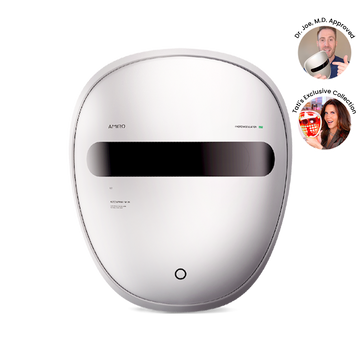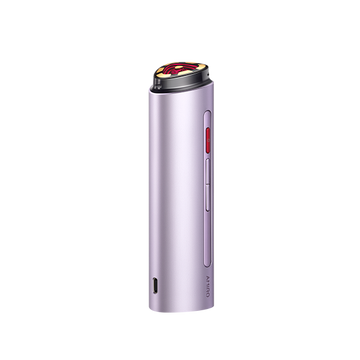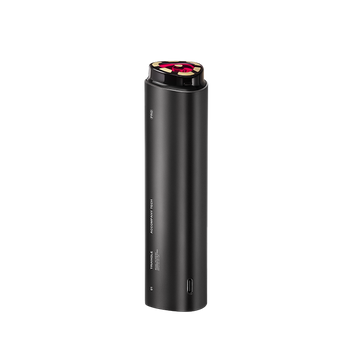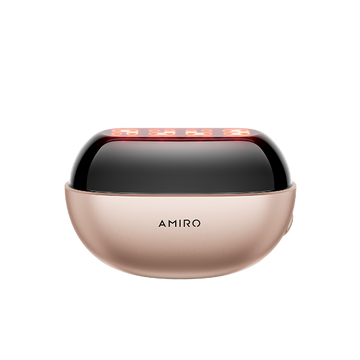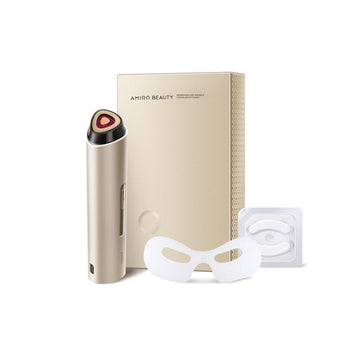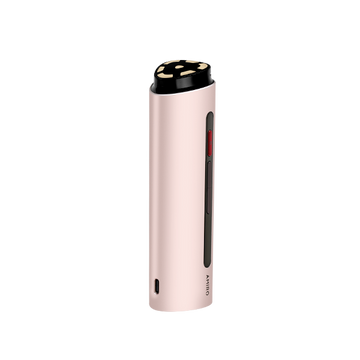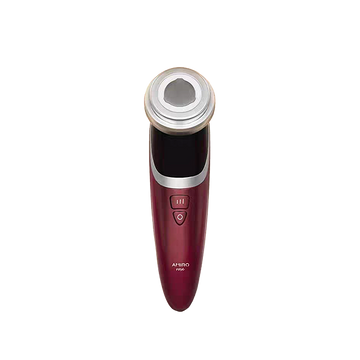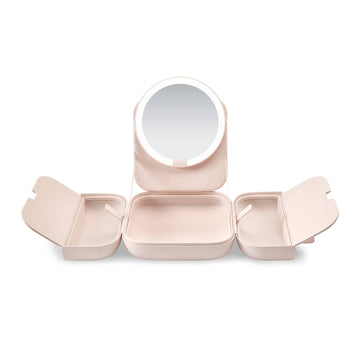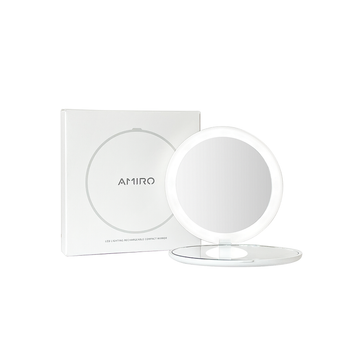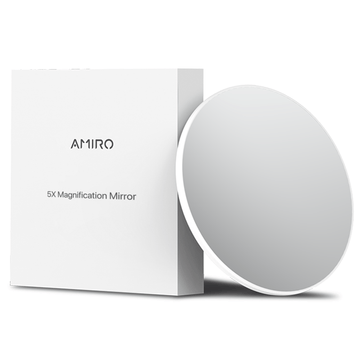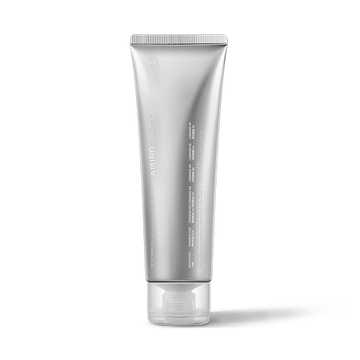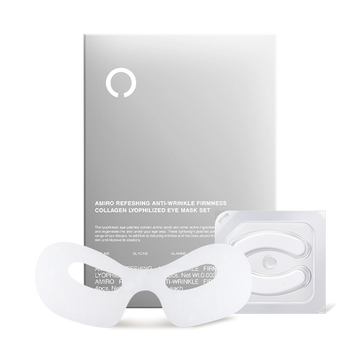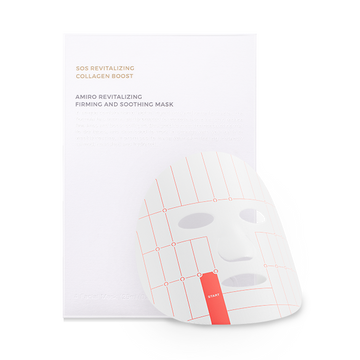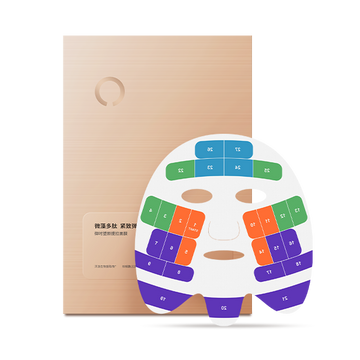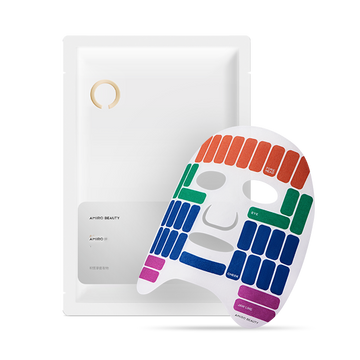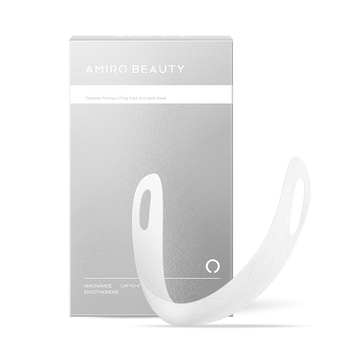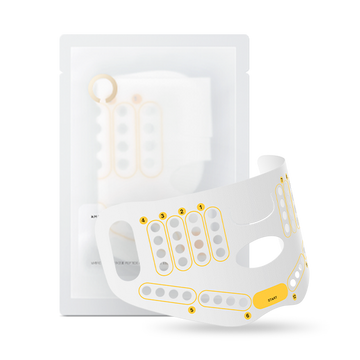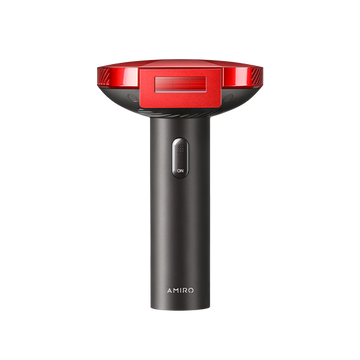Nose Hair Removal: Trim or Not Trim? 14 FAQs for you!
Navigation
- Introduction
- Why do we have nose hair?
- So, should I trim my nose hair?
- How can I safely trim my nose hair?
- Can I remove my nose hair completely?
- Can I use nose hair removal creams?
- Is there a permanent solution for nose hair removal?
- I've heard that nose hair gets longer as we age. Is that true?
- Is there any way to prevent nose hair from growing longer?
- Is it common for women to trim their nose hair?
- Any final advice on nose hair trimming?
- Are there any risks associated with excessive nose hair trimming?
- Can trimming nose hair cause it to grow back thicker or faster?
- What should I do if I accidentally cut myself while trimming my nose hair?
- Any other tips for maintaining good nasal health?
- Conclusion
Introduction
It was an ordinary morning for you as you prepared for a day of video conferences. While going through your morning routine, you noticed something unusual in the mirror. There it was, a single strand of hair, protruding noticeably from your nostril. Frustrated and confused, you started to wonder: "Should I trim my nose hair?"
It's a question many of us have pondered in the digital time full of video calls and close-up selfies. As an expert skincare group from AMIRO, we have taken care of a lot of hairy problems, and we can assure you that it doesn't really matter if your nostrils are neatly groomed or whether you let that hair grow wild. But if you're going to get rid of it, some things below merit your attention.

Why do we have nose hair?
Nose hairs, also known as cilia, serve a very important function: they act as the first line of defense for our respiratory system. They trap dust, allergens, and harmful particles from the air we breathe, preventing them from reaching our lungs. They also help humidify the air we inhale, which is beneficial for our overall respiratory health.
So, should I trim my nose hair?
The decision to trim or not to trim your nose hair is a personal one. Some people may find longer, visible nose hair to be unattractive, and therefore choose to trim it for aesthetic reasons. As long as it's done safely, trimming nose hair is generally fine.
How can I safely trim my nose hair?
If you decide to trim your nose hair, never pluck them. This can lead to painful ingrown hairs or even infections. Instead, use a safe and easy nose hair trimmer. Also, you can use scissors, but make sure they have rounded tips to avoid any nicks or cuts.
Can I remove my nose hair completely?
It's not recommended to remove all of your nose hair. If you're concerned about the appearance of your nose hair, trimming is a safer option than complete removal.
Can I use nose hair removal creams?
Nose hair removal creams, also known as depilatories, can work well but must be used carefully. These products contain substances that dissolve hair. If not utilized correctly, they can bother the delicate skin lining your nose and potentially cause harm if they get too close to your mucous membrane or are inhaled into your lungs.
Is there a permanent solution for nose hair removal?
There are permanent nose hair removal procedures, like laser hair removal, but they should be considered with caution. Given the critical role nose hair plays in our respiratory system, it's generally not advisable to permanently remove it. If you're considering this, make sure to consult with a professional who can advise you on the potential risks and benefits.
I've heard that nose hair gets longer as we age. Is that true?
Yes, that's true.
As we age, the hair in certain parts of our body, including the nose, can become longer and coarser, due to hormonal changes that occur as we get older.
Is there any way to prevent nose hair from growing longer?
There's no proven way to prevent nose hair from growing.
The best thing to do if you're concerned about the appearance of your nose hair is to safely trim it.
Is it common for women to trim their nose hair, too?
Yes, many women choose to trim their nose hair, especially if it's visible. However, it's generally less common because women typically have finer and less visible nose hair than men.
Any final advice on nose hair trimming?
Prioritize safety over aesthetics. Always use tools designed specifically for nose hair trimming, and take your time to avoid any unnecessary injuries.
Are there any risks associated with excessive nose hair trimming?
Over-trimming your nose hair can leave your nasal passage unprotected, leaving you more prone to allergies and infections. Nose hair is part of our body's natural defense system, so it's important not to overdo it.
Can trimming nose hair cause it to grow back thicker or faster?
This is a common myth. Trimming hair doesn't affect its thickness or growth rate. Those factors are determined by genetics and hormones. When you trim hair, you're cutting it at a wider point, which can make it seem thicker as it grows out, but it's not actually changing the hair's natural properties.
What should I do if I accidentally cut myself while trimming my nose hair?
If you accidentally nick the inside of your nose, don't panic. Clean the area gently with warm water and apply a small amount of antiseptic cream to prevent infection. If the bleeding doesn't stop after a few minutes, or if you notice signs of infection such as swelling, increased pain, or discharge, seek medical attention.
Any other tips for maintaining good nasal health?
Besides safely managing nose hair, maintaining good overall nasal health involves keeping your nasal passages moist, especially during dry winter months, by using a humidifier or a saline nasal spray. If you suffer from allergies, using an air purifier can also help reduce allergens in your home.
Conclusion
While nose hair might not be the most glamorous topic, its importance in our health and aesthetic preferences cannot be overlooked. In a society where personal grooming is increasingly in the spotlight, the decision to trim or not to trim one's nose hair can be a point of concern for many.
However, it's essential to remember that like all aspects of our bodies, nose hair has its purpose. It's there for a reason, and any decisions about its management should be made with a balanced understanding of its role in our health, as well as the potential risks and benefits of different grooming methods. Whether you're considering trimming your nose hair for the first time or are a seasoned pro seeking more information, this guide aims to provide clear, reliable advice for all.

